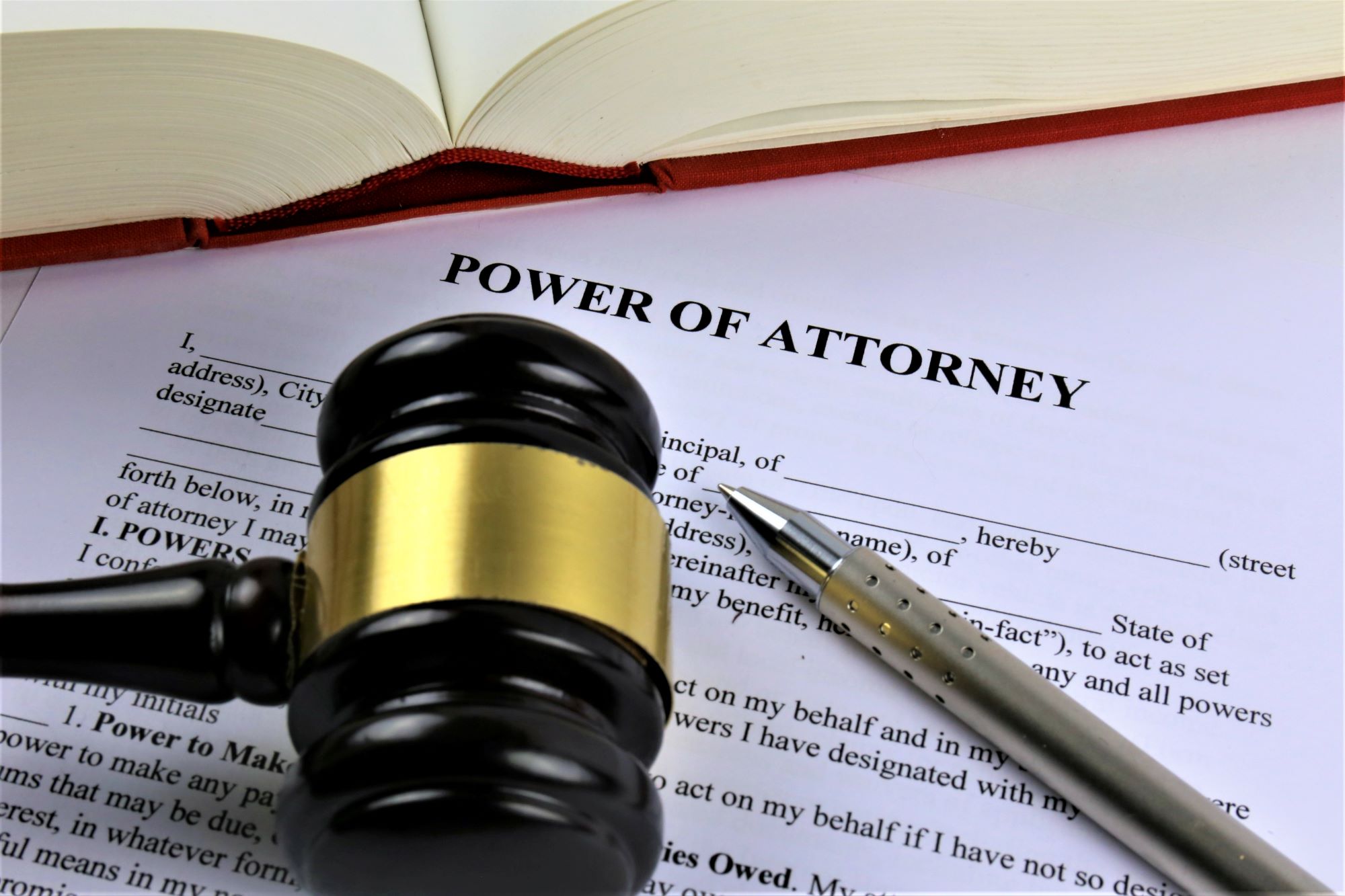Navigating the legal intricacies of our lives can sometimes be daunting. Ensuring that our wishes and affairs are in order even when we can’t voice them ourselves cannot be understated. One critical tool for this is the power of attorney. But how do you go about obtaining one? This 9-step guide will walk you through the process, making it as clear and straightforward as possible.
-
Understand The Purpose Behind A Power Of Attorney
Before you dive in, it’s crucial to understand what a power of attorney does. Essentially, a power of attorney grants someone the authority to decide on your behalf should you become incapacitated or unable to make them for yourself. This can relate to medical care, financial transactions, and other essential matters.
-
Determine The Type Of Power Of Attorney You Need
When it comes to powers of attorney, there is no one-size-fits-all solution. The type of power of attorney you select will depend on your specific needs. Here are some common types of powers of attorney and sample situations in which they may be used:
- General Power Of Attorney: This type of power of attorney grants the agent broad authority to act on your behalf in multiple areas while you are still capable. A general power of attorney can be useful when travelling or temporarily unavailable and needing someone to manage your affairs. For example, you may grant a general power of attorney to a trusted family member or friend to handle your finances, pay bills, or make legal decisions while out of the country.
- Special Power Of Attorney: A special power of attorney provides specific and limited authority to an agent for a certain period or in particular situations. This power of attorney can be useful for a specific transaction or event. For example, if you are buying or selling a property but cannot be present at the closing, you may grant a special power of attorney to your agent, allowing them to sign documents on your behalf.
- Health Care Power Of Attorney: This type of power of attorney relates specifically to medical decisions. It grants the agent the authority to make healthcare decisions for you, including choosing doctors, consenting to treatments, and accessing medical records. A healthcare power of attorney is essential if you cannot make medical decisions due to incapacity or illness. For example, if you are in a coma or otherwise incapacitated, your agent can make medical decisions, ensuring you receive the care you need.
-
Choose Your Agent Wisely
Choosing the right person to be your agent in a power of attorney. This person will be entrusted with significant authority and responsibility over your affairs. Here are some important factors to consider when selecting your agent, along with a sample situation:
Responsibility: It is vital to choose an agent who is reliable and responsible. You need someone who will readily take on the responsibilities bestowed upon them and handle your affairs diligently. For example, if you are a business owner, you may want to select an agent with experience managing financial matters and demonstrated responsibility in their ventures.
Honesty: Your agent must be completely trustworthy. They will make decisions on your behalf and handle your assets, so their honesty is paramount. Choosing someone with a reputation for integrity and ethical behaviour is crucial. For instance, if you have significant assets or valuable possessions, you may want to select an agent with a proven track record of honesty and ethical conduct.
Understanding Of Your Wishes: Your chosen agent should thoroughly understand your wishes, values, and priorities. They should be willing to adhere to your instructions and make decisions that align with your best interests. For instance, if you have specific preferences about your medical treatments and end-of-life care, you may want to choose an agent who shares your values and understands your desired healthcare outcomes.

-
Know The Legal Requirements In Your State
When creating a power of attorney, it is important to familiarize yourself with your state’s legal requirements and protocols. This will ensure that your document is properly executed and legally binding. Some key considerations include:
Specific Form Requirements: Different states may have specific forms or formats to follow when creating a power of attorney. Research and use your state’s approved forms or templates to ensure compliance. For instance, in some states, a power of attorney form may require notarization or specific language to be included.
Competency And Capacity: Many states require that the person creating a power of attorney (the principal) be of sound mind and capable of understanding the nature and consequences of their decision. This requirement ensures that the principal is making informed choices and can give valid consent to appoint an agent. For example, if a person has been diagnosed with dementia or a mental illness, they may not have the capacity to create a power of attorney.
Witnesses And Signatures: Some states may require a power of attorney to be witnessed by one or more individuals who are not named in the document. This helps provide evidence that the document was executed voluntarily and with the necessary formalities. Additionally, proper signatures are usually required for both the principal and the agent.
-
Draft The Document
This is where professional assistance can be invaluable. You can either hire an attorney or use legal document services online. Ensure the document is clear, specific, and aligned with your state’s requirements.
-
Be Specific In Your Instructions
You must provide specific instructions in your power of attorney to ensure clarity and avoid misunderstandings. Clearly define the powers you are granting to your agent, including any limitations or restrictions they should adhere to. Additionally, specify the duration for which a power of attorney will be in effect, whether for a specific period or until a certain event occurs. For example, if you appoint a power of attorney for healthcare decisions, be specific about which medical treatments and procedures your agent can consent to. Being explicit in your instructions helps ensure your agent understands their role and responsibilities.
-
Have Witnesses And Notarization
In many states, it is necessary to have witnesses and notarization for your power of attorney document. This requirement adds authenticity and validity to your document, ensuring it will be recognized and accepted by the relevant authorities.
-
Communicate With Relevant Parties
Once you’ve obtained your power of attorney, communicate its existence and specifics to the parties concerned. This could include your bank, healthcare provider, or family members.
-
Review And Update As Necessary
Life’s circumstances change. So, regularly review your power of attorney and make updates if needed. This ensures it aligns with your current wishes and situation.
Conclusion
Securing a power of attorney doesn’t have to be a daunting task. By following this guide, you’ll navigate the process with confidence and peace of mind, ensuring that your affairs are in trusted hands. Don’t procrastinate; it’s a step towards respecting your wishes, regardless of the future.









